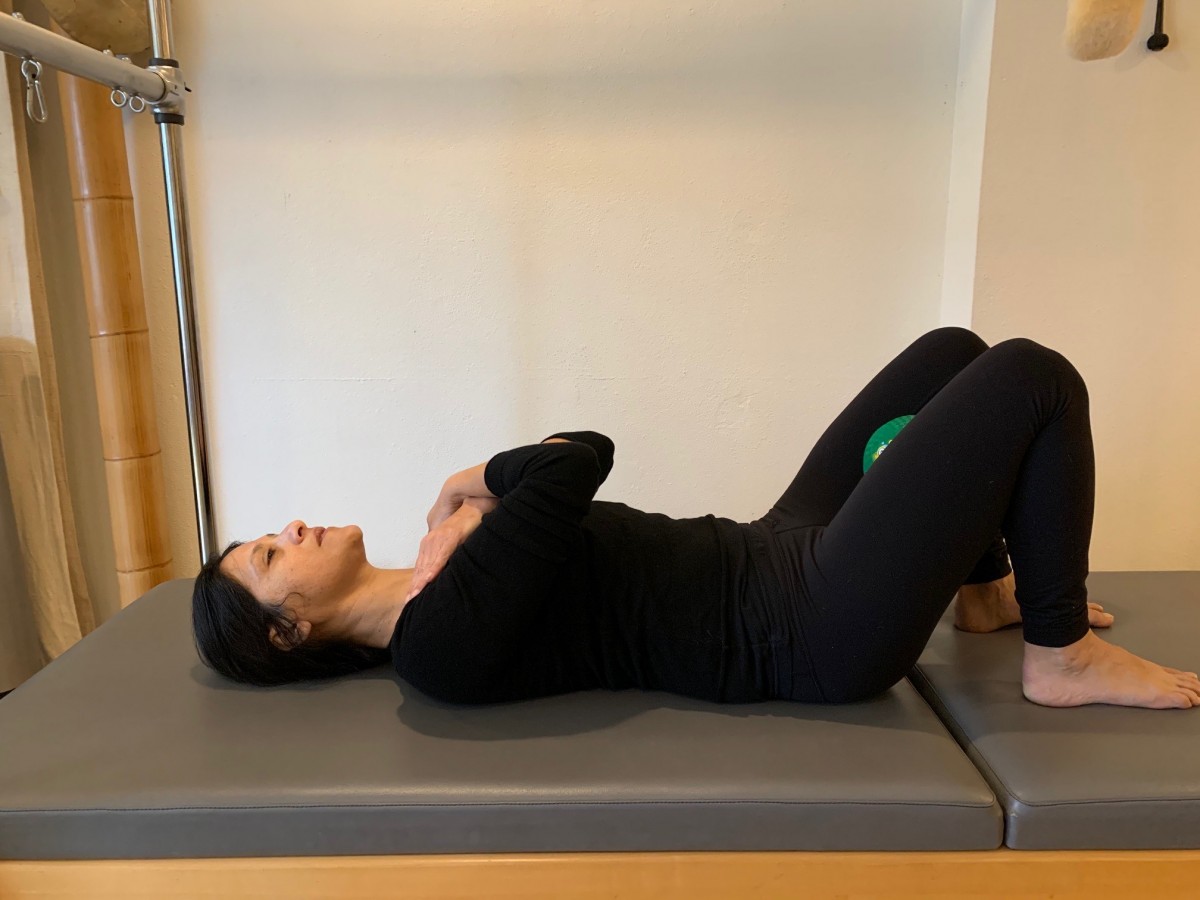By Staff Writer
With more than 3 million cases diagnosed each year, diastasis recti is one of the more common abdominal injuries suffered by both men and women in America today. Put most simply, diastasis recti is the partial or complete separation of the “six-pack” muscles, which meet at the midline of your stomach. It is most common in women who are over 35 and older men with abdominal obesity.
diastasis recti generally isn’t dangerous and it can often be successfully treated with corrective exercise and strength training of all the core muscles which usually involves pelvic floor and deep stomach muscle exercises.
Over the past 20 years, Shevi Baruch, founder of Body Rhythm, has helped a myriad of clients with diastasis Recti. Based in Santa Monica, Body Rhythm offers clients a unique combination of programs tailored to meet their individual fitness needs.
According to Shevi, men and women can both have diastasis recti. The most common occurrence is during and after pregnancy, when the uterus stretches the muscles to accommodate the growing baby. Another cause is lifting heavy weights incorrectly. Common symptoms include a bump or ridge extending down the middle of the abdomen, lower back pain, poor posture and for some people, constipation and bloating.
“A typical situation is when a postpartum woman endeavors to get back into shape,” Shevi said. “She arrives at the studio months to years after having given birth. She has lost the pregnancy weight, but her abdominals are not responding to the exercises she has been doing.” That is when it is important to check for a diastasis recti because failing to correctly diagnose the condition can lead to a further separation of the abdominal wall if the mother is performing traditional abdominal crunch to get her abs back into shape.”
To diagnose the condition Shevi explains that she will have a client lay on their back, feet flat and knees bent (photo 1) “Support their head with one hand and curl up,” Shevi continued. “Place your other hand fingers on top, above and bellow of the belly button, to check if you can press your fingers down (photo 2). If you can press more then one finger down, you may have a diastasis recti.
While there are certain exercises that people with diastasis Recti should avoid, there are others that could potentially help to close the gap. Shevi explained, “Those exercises focus primarily on the pelvic floor, back muscles, transverse abdominis and the psoas.”
Shevi recommends to her clients to perform those exercises at home three times a day for one to six months. “In most cases after few months the abdominal gap will close. Sometimes it takes only few weeks to see the abdominals flatten. Then the client’s program is revised and now they can perform any abdominal exercise including those that include head lift and curl up,” Shevi added.
Shevi’s unique ability to understand the body is what allows her to help her clients through different conditions. “I always take into consideration the person that enters the studio, his or her challenges and strengths. In a Gyrotonic group class, I look for a common ground for everyone so the class will challenge and benefit each participant. Each class includes a detail to work on while the movement is flowing with rhythm. Every class is joyful.”
For more information about Body Rhythm Pilates & Gyrotonic call (310) 255-1177 visit TheBodyRhythm.com, follow them on Facebook and Twitter or visit them at 2114 Wilshire Boulevard, Santa Monica CA, 90403













